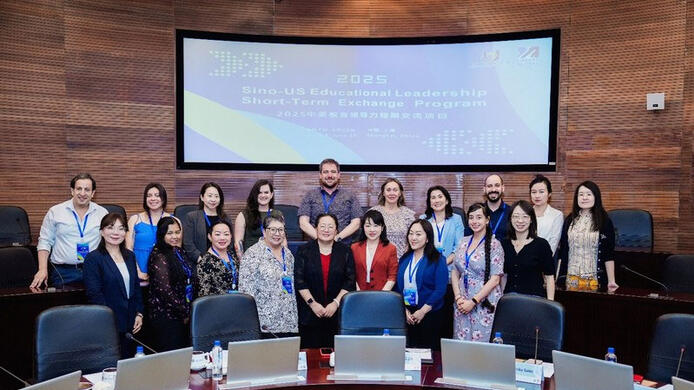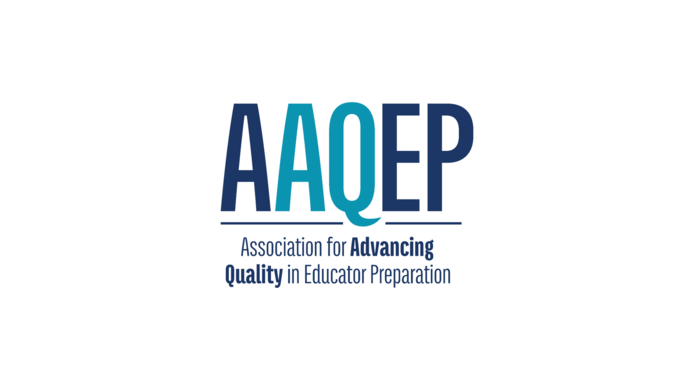Reach Your Students on the Autistic Spectrum
Gain a deep understanding of autism and the varying needs of students with autism spectrum disorder (ASD). Learn how to assess and understand the unique needs of each student on the autism spectrum, developing a curriculum that reaches them. Become an advocate for students on the autism spectrum and the resources needed for their education. The Master of Arts in Education, Autism positions educators in special education roles throughout their careers.
- Improving Your Assessment: Our faculty are experienced special education instructors who connect individually with students, providing concepts immediately applicable to the student’s teaching and understanding of ASD.
- Individual Engagement: Coursework uses evidence-based practices for ASD to develop strategies to engage these students, who often struggle with social interaction, sensory, and behavioral challenges.
- Online Coursework + Fieldwork: Your coursework is online, providing flexibility as you earn your master's degree. It is combined with fieldwork for each of the autism emphasis courses.
- A Faster Path to Graduation: Transfer up to six credits toward your MAE core courses.




















